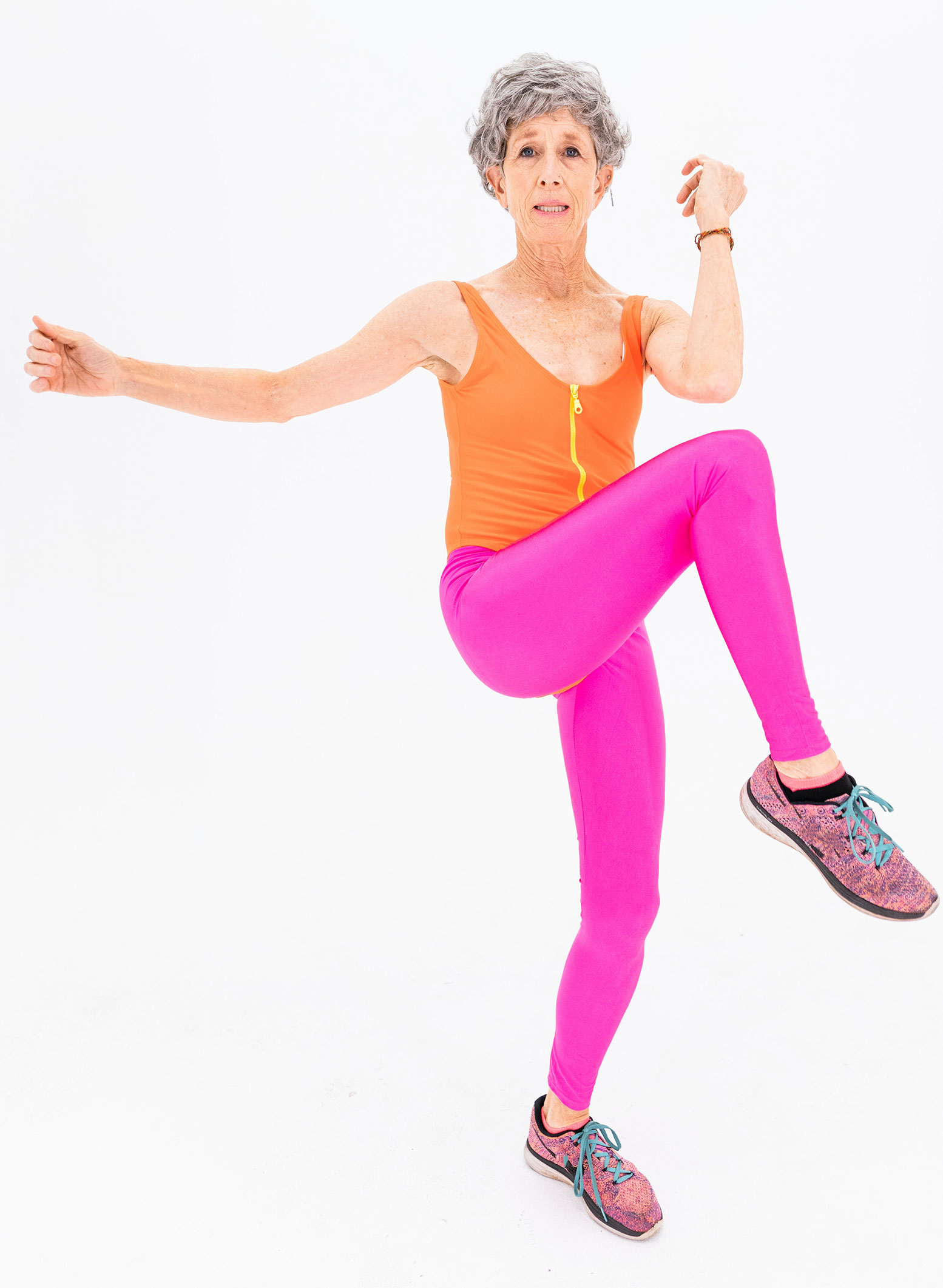B Body Shaping
Mixing It Up: The Benefits of Diverse Exercise Modalities
By
Beauty Doctor MD October 3, 2023

In the world of fitness, variety isn’t just the spice of life; it’s the key to unlocking a multitude of physical and mental benefits. Engaging in a diverse range of exercise modalities goes beyond monotony, offering a holistic approach to health and well-being. From strength training and cardio to mind-body practices, this comprehensive guide explores the advantages of mixing up your exercise routine and how it contributes to overall fitness, longevity, and joy.
- Breaking the Monotony: The Mental Aspect
- 1.1 Cognitive Stimulation:
- Diverse Movements: Different exercise modalities engage various parts of the brain as you learn and coordinate new movements.
- Mind-Body Connection: Practices like yoga and Pilates foster a deeper connection between the mind and body, promoting mindfulness.
- 1.2 Motivation and Enjoyment:
- Diverse Movements: Different exercise modalities engage various parts of the brain as you learn and coordinate new movements.
- Mind-Body Connection: Practices like yoga and Pilates foster a deeper connection between the mind and body, promoting mindfulness.
- 1.3 Improved Mood:
- Endorphin Release: Different exercises trigger the release of diverse neurotransmitters, enhancing mood and reducing stress.
- Social Interaction: Group classes or team sports provide social engagement, contributing to a positive mindset.
- Maximizing Physical Health: The Body’s Adaptability
- 2.1 Comprehensive Muscle Engagement:
- Strength Training: Builds lean muscle mass and boosts metabolism.
- Cardiovascular Exercise: Enhances heart health and stamina.
- Flexibility Training: Improves range of motion and reduces the risk of injury.
- 2.2 Weight Management:
- Metabolic Boost: Varied workouts keep the metabolism adaptable, preventing plateaus.
- Caloric Expenditure: Different activities burn calories in distinct ways, contributing to weight management.
- 2.3 Joint Health:
- Low-Impact Options: Including low-impact activities like swimming or cycling reduces joint stress.
- Varied Movements: Diverse exercises promote joint mobility and flexibility.
- Longevity and Anti-Aging: The Fountain of Youth in Movement

- 3.1 Cellular Health:
- Mitochondrial Biogenesis: Endurance exercises contribute to the production of new mitochondria, essential for cellular health.
- Telomere Length: Regular exercise has been linked to maintaining telomere length, associated with longevity.
- 3.2 Cognitive Function:
- Neuroplasticity: Exercise, especially activities requiring coordination, enhances the brain’s adaptability and cognitive function.
- Reducing Cognitive Decline: A mix of aerobic and strength training has shown promise in reducing the risk of age-related cognitive decline.
- 3.3 Bone Density:
- Weight-Bearing Activities: Strength training and activities like hiking or dancing contribute to bone density, crucial for preventing osteoporosis.
- The Holistic Approach: Mind, Body, and Soul
- 4.1 Stress Reduction:
- Mind-Body Practices: Yoga, tai chi, and meditation help reduce cortisol levels and promote relaxation.
- Playful Exercise: Engaging in sports or activities you enjoy provides a natural outlet for stress relief.
- 4.2 Improved Sleep:
- Energy Expenditure: Regular physical activity contributes to better sleep quality.
- Mindfulness Practices: Relaxation techniques associated with diverse exercises aid in winding down before sleep.
- 4.3 Emotional Well-Being:
- Social Connectivity: Group exercises foster a sense of community and support.
- Self-Expression: Dance or expressive movement forms provide an outlet for emotional expression.
- Crafting Your Diverse Exercise Routine: A Holistic
- Blueprint
- 5.1 Balanced Weekly Schedule:
- Strength Training: 2-3 times a week.
- Cardiovascular Exercise: 3-4 times a week.
- Flexibility and Mobility: Daily or at least 3 times a week.
- 5.2 Mind-Body Practices:
- Yoga or Pilates: 2-3 times a week.
- Meditation or Tai Chi: Incorporate into your routine for mindfulness.
- 5.3 Outdoor Activities:
- Hiking, Cycling, or Running: Enjoy the benefits of fresh air and nature.
- 5.4 Social Engagement:
- Team Sports or Group Classes: Join activities that involve social interaction.
- Listening to Your Body: The Art of Adaptation
- 6.1 Rest and Recovery:
- Active Recovery: Include lighter activities on rest days, such as walking or gentle stretching.
- Sleep: Prioritize sufficient and quality sleep for recovery.
- 6.2 Modification and Progression:
- Adapt to Needs: Modify activities based on your fitness level, any injuries, or changing circumstances.
- Gradual Progression: Introduce new challenges gradually to avoid overexertion.
- 6.3 Mindful Awareness:
- Body Signals: Pay attention to how your body responds to different exercises.
- Enjoy the Journey: Embrace the process, appreciating the benefits each modality brings.
Conclusion
Embrace the Rich Tapestry of Movement
In the symphony of exercise modalities, each note contributes to a harmonious and holistic approach to health. By embracing diversity in your workout routine, you not only enhance physical fitness but also elevate your mental well-being and overall quality of life. The journey of movement is a rich tapestry waiting to be woven, with the threads of strength, flexibility, mindfulness, and joy creating a masterpiece that is uniquely yours. So, mix it up, explore the vast landscape of movement, and savor the myriad benefits that come with a diverse and dynamic approach to exercise.

